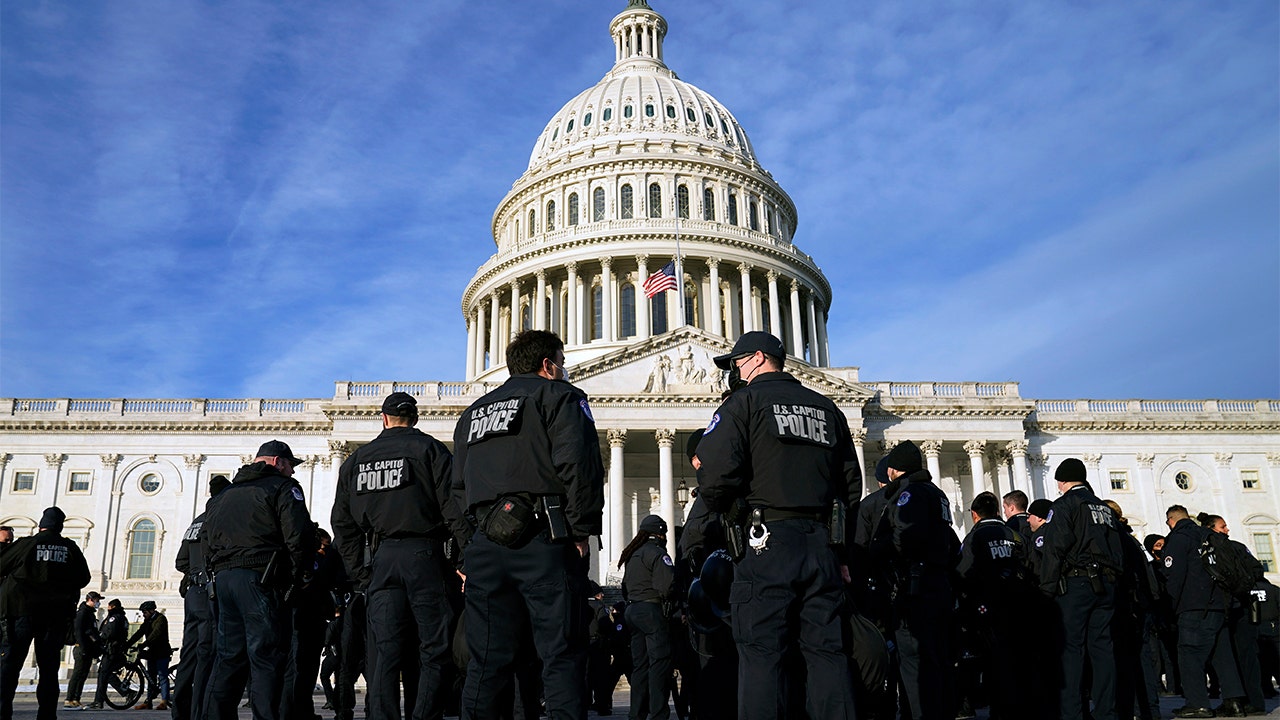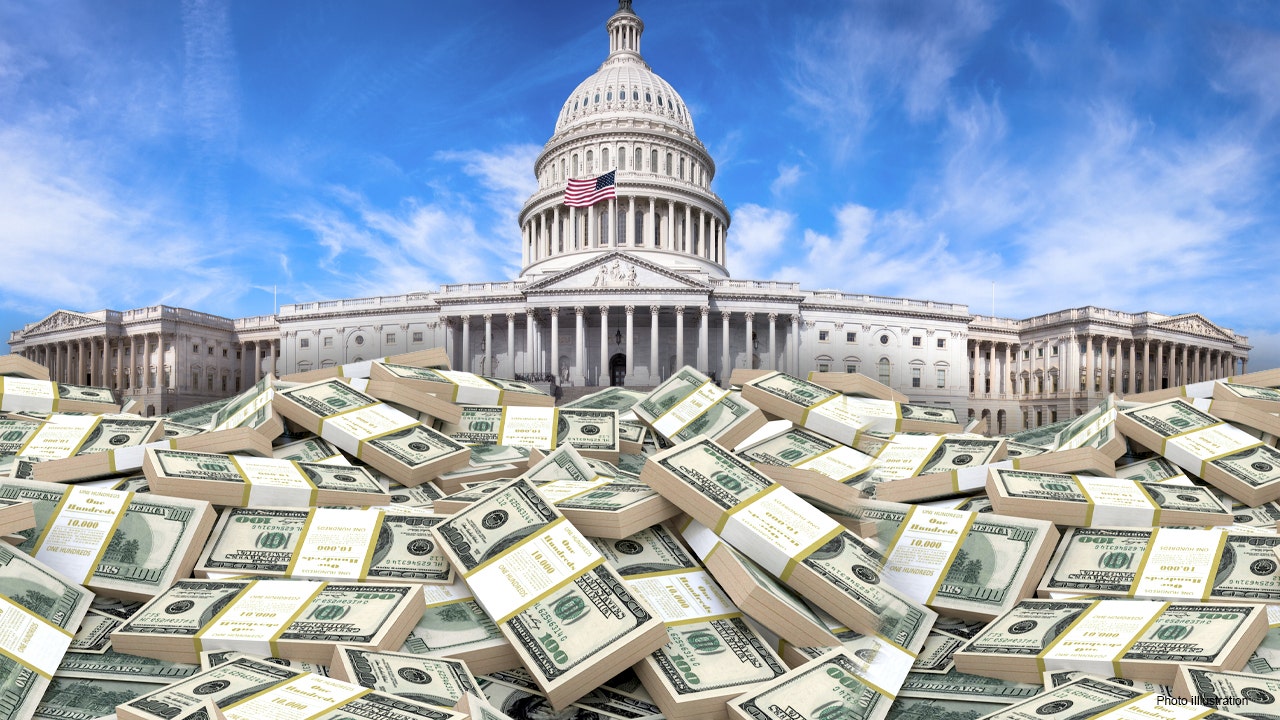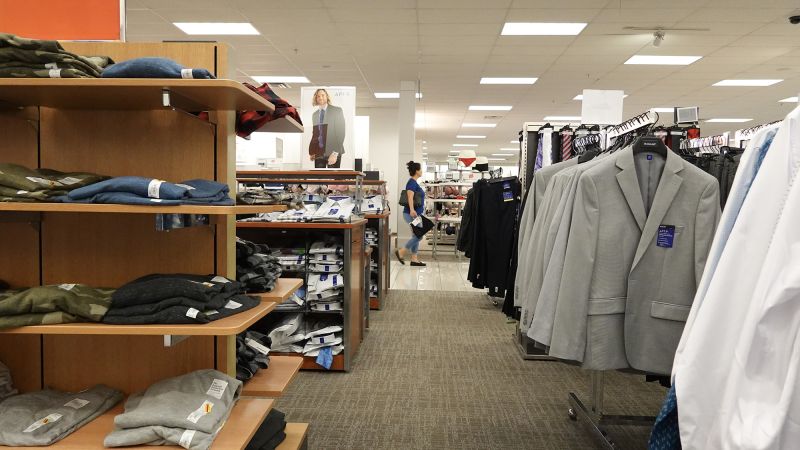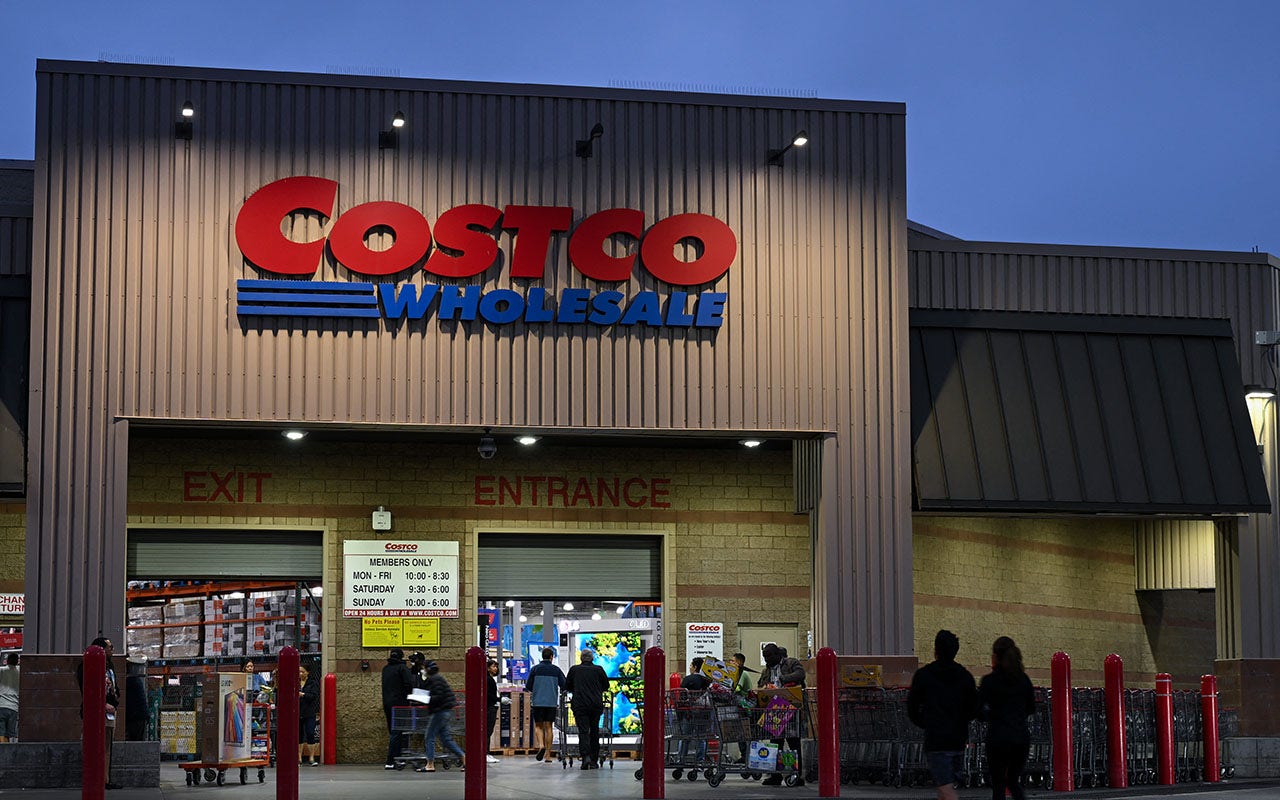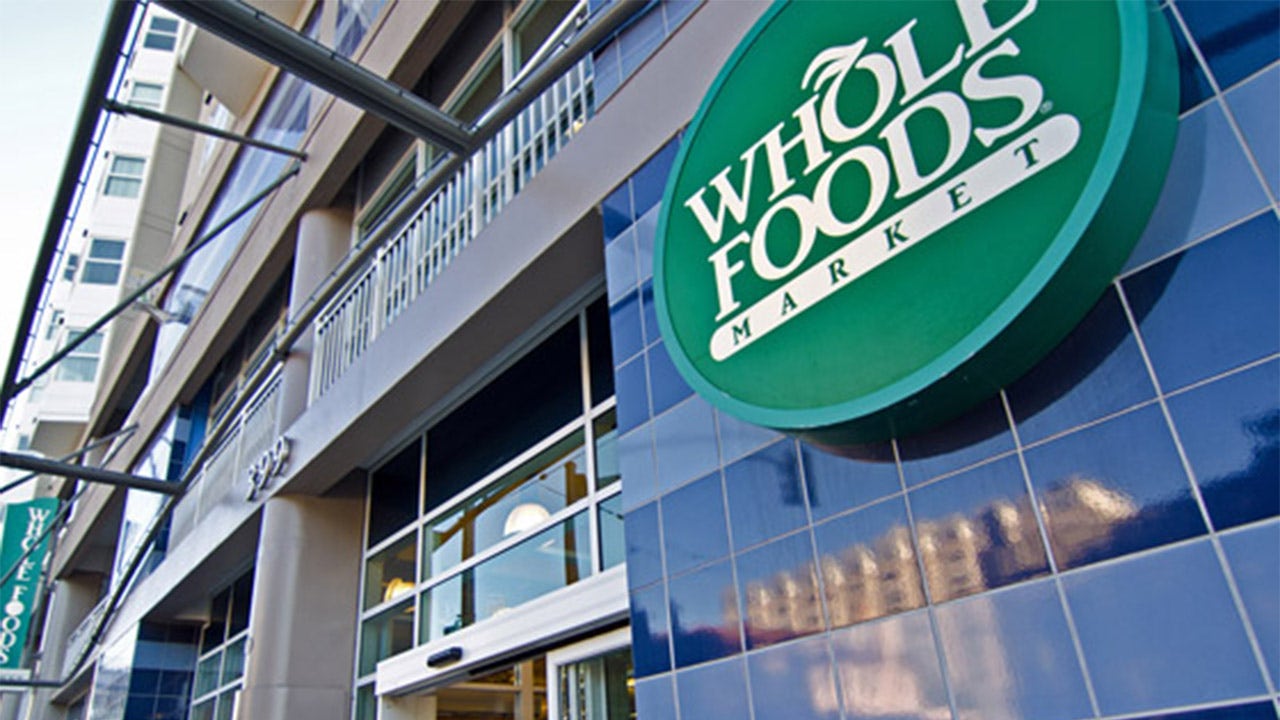A new CEO took the reins at Kohl’s this month, hoping to reverse a long losing streak at America’s largest department store chain. But after years of declining sales, a sharp drop in stock value and waning customer trust, Ashley Buchanan could find the chain’s problems hard to turn around.
While Kohl’s more than 1,150 stores have seen their share of fumbled executive decisions, Kohl’s decline also is part of a broader retail industry trend. Competition from online sellers, high inflation and the lingering effects of the COVID-19 pandemic have caused retail players across America to shrink, declare bankruptcy or even close for good in recent years.
The previous Kohl’s CEO, Tom Kingsbury, downsized private-label brands, petite clothing sizes, and fine jewelry departments, replacing them with Sephora cosmetics and Babies “R” Us shops. The moves alienated longtime shoppers who valued Kohl’s for its quality clothes at reasonable prices.
“If you want to keep stores open, you’ve got to give people reasons to shop in your store,” said Jean-Pierre Dubé, research associate at the National Bureau of Economic Research and marketing professor at the University of Chicago Booth School of Business.
Kingsbury inherited a company already in financial turmoil, then failed to turn it around. Kohl’s sales have declined for 11 consecutive quarters, and its stock value has dropped nearly 50% over the past year.
“Kingsbury disconnected from their core customer and failed to connect with the younger generation that he was presumably going after,” said Dubé.
Sales at Sephora grew in the past year, but it was not enough to counterbalance the shortfalls in other areas such as apparel and footwear, fine jewelry and legacy home, according to a Moody report.
When Kingsbury, a former executive of Burlington Stores, was appointed CEO in 2022, Kohl’s was already facing significant financial challenges.
In 2022, Kohl’s was burdened with a large amount of excess inventory that it struggled to clear out, previously reported.
To revamp the retailer’s offerings, Kingsbury reduced private-label brands and exclusive merchandise, such as jewelry and petite-size clothing, replacing them with well-known brands like Sephora and Babies “R” Us.
Under Kingsbury, “there was really a focus on inventory management and efficiency, and as part of that push they really started to pare down their selection of apparel,” said Charles Lindsey, an associate professor of marketing at the University of Buffalo.
Kohl’s opened 140 Sephora stores, according to Kohl’s third-quarter 2024 results presentation published in November.
Kohl’s core customers are value-oriented, middle-class shoppers who were not pleased with the changes, said Lindsey.
“Your hardcore Kohl’s shopper was annoyed when Kingsbury created this store within the store. They didn’t want this premium feel. That wasn’t what they were looking for,” said Dubé. “They felt a little bit betrayed.”
As it became clear that Kingsbury’s business strategy had failed to deliver the desired results, the CEO acknowledged his mistakes.
“We are not satisfied with our performance in 2024 and are taking aggressive action to reverse the sales decline,” wrote Kingsbury in the presentation.
He outlined immediate steps to improve sales, including increasing the availability of petite-size clothing, expanding inventory of private-label apparel and reintroducing fine jewelry in 200 stores.
What Buchanan will decide to do next remains unclear.
“The time is right to kind of re-discover what their unique position is,” said Deb Gabor, a branding expert and bestselling author.
It’s crucial for Kohl’s to chart a new path forward, focusing on making its stores more appealing and its offerings more attractive, said Michelle Greenwald, professor at the New York University Stern School of Business.
“Once customers leave, they find other alternatives that they’re happy with,” she said. “It’s not like necessarily they’re for sure going to come back. A lot of it, they’re going to just lose forever.”
Kohl’s is not the only department store chain that has struggled in recent years.
More than 7,300 retail stores closed last year, a 57% increase from 2023, according to Coresight Research. This marks the highest number of annual store closures since 2020, a year when the pandemic led to significant disruptions for businesses nationwide.
CVS and Walgreens closed more than 1,000 stores combined. Big Lots shuttered nearly 600 locations, and Family Dollar closed 718 stores.
Brands like Kohl’s, which target middle-income consumers, suffered significantly. High inflation has increased the cost of living, leaving customers with less disposable income for non-essential purchases. Many have turned to discount department stores like Walmart, where they can find better deals.
“Competition is a lot different now,” Gabor told .


